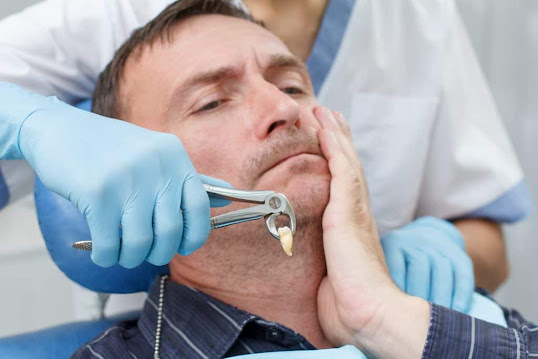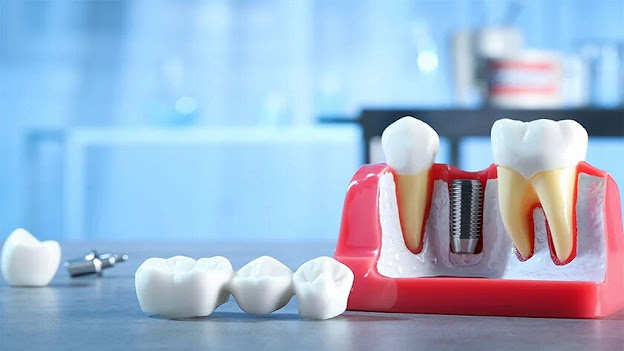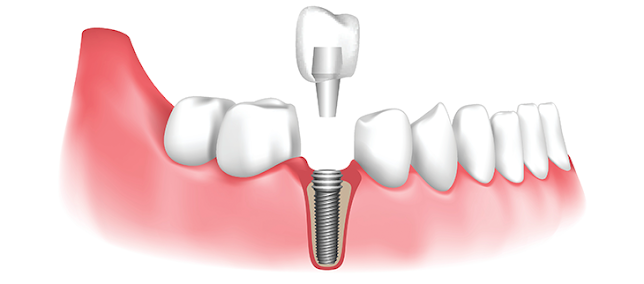Wisdom Teeth Removal: What Adults Should Expect
Wisdom teeth removal, also known as third molar extraction, is a surgical procedure to remove one or more wisdom teeth. Wisdom teeth are the last set of molars that typically emerge in the late teens or early twenties.
However, many people experience problems with the eruption of their wisdom teeth due to factors such as insufficient space in the jaw or improper alignment. When wisdom teeth do not have enough room to grow properly or emerge at an angle, they can become impacted.
Impacted cheap wisdom teeth removal cannot fully break through the gum line, leading to potential complications such as pain, infection, crowding of adjacent teeth, and damage to surrounding structures.
Wisdom teeth removal services are performed by an oral surgeon or a dentist with specialized training. The procedure can be done under local anesthesia (numbing only the surgical area), sedation anesthesia (administering medication to relax or partially sedate the patient), or general anesthesia (rendering the patient unconscious).
The choice of anesthesia depends on various factors, including the complexity of the procedure and the patient's preference.
Wisdom Teeth Removal Services
Here's a general overview of the wisdom teeth removal services:
Consultation
The first thing you should do is make an appointment to see a dentist or an oral surgeon so they can assess your unique circumstances. They will take X-rays, examine your mouth, and talk to you about any symptoms or concerns you may have.
Treatment Plan
Following the evaluation, the dentist or oral surgeon will formulate a treatment strategy that is specifically suited to meet your requirements. They will walk you through the operation, discuss your options for getting an anesthetic, and answer any questions or concerns.
Pre-Procedure Preparation
Before the day of the surgery, you may be given certain instructions, such as refraining from taking particular medications, fasting for a predetermined amount of time, or making arrangements for someone to bring you home after the treatment.
Anesthesia
On the day of the operation, the dentist or oral surgeon will give you anesthesia so that you can be comfortable under their care while the procedure is being performed. There are typically three types of anesthetics utilized during the extraction of wisdom teeth:
Extraction
After the dentist or oral surgeon has ensured that you are at ease and that the anesthesia has taken effect, they will proceed with the extraction. It is possible that to access the tooth, they will need to make an incision in the gum tissue and remove some of the bone that surrounds the tooth. In other instances, the tooth might need to be cut into more manageable pieces to facilitate its extraction.
Recovery
In the meantime, while the effects of the anesthesia are still lingering, you will be closely observed in a recovery area. The dentist or oral surgeon will provide advice on post-operative care, including treating the discomfort, decreasing swelling, proper dental hygiene, and any dietary restrictions that may apply. It is essential to follow these guidelines to hasten the healing process and reduce the risk of problems.
Follow-Up
We will schedule a follow-up appointment for you so that we can check your progress and make sure that you are recovering appropriately. When recovering, you should contact your oral surgeon or dentist as soon as possible if you have any difficulties or concerns.
Cheap Wisdom Teeth Removal
Finding cheap wisdom teeth removal can be challenging, but it's not impossible. Start by researching dental schools or clinics that offer discounted rates for procedures performed by dental students under supervision.
Local community health centers may also provide low-cost dental services. Additionally, explore dental insurance plans that cover wisdom teeth extraction or consider signing up for a dental discount.
Communicate with multiple dental offices and compare prices to get the best deal. Remember to inquire about any potential hidden costs and discuss payment options or flexible financing plans. Being proactive and resourceful can help you find affordable options for wisdom teeth removal.
Is It a Good Idea to Remove Wisdom Teeth?
Removing wisdom teeth is generally recommended when they pose a potential risk to oral health. Wisdom teeth often emerge in a misaligned manner, causing pain, infections, and damage to adjacent teeth.
In such cases, extraction can prevent further complications. However, if wisdom teeth are healthy, properly positioned, and not causing any problems, removal may not be necessary. It's essential to consult with a dentist or oral surgeon who can evaluate your specific situation and provide personalized advice.
They will consider factors such as tooth development, alignment, and potential future issues to determine whether removing your wisdom teeth is a good idea.
Cost of Wisdom Teeth Removal
The cost of wisdom teeth removal can vary depending on several factors, including the complexity of the extraction, the region where you live, the dentist or oral surgeon performing the procedure, and whether or not you have dental insurance coverage.
On average, the cost of wisdom teeth removal without insurance can range from $75 to $200 per tooth for a simple extraction. For impacted wisdom teeth, the cost can range from $225 to $600 per tooth.





Comments
Post a Comment